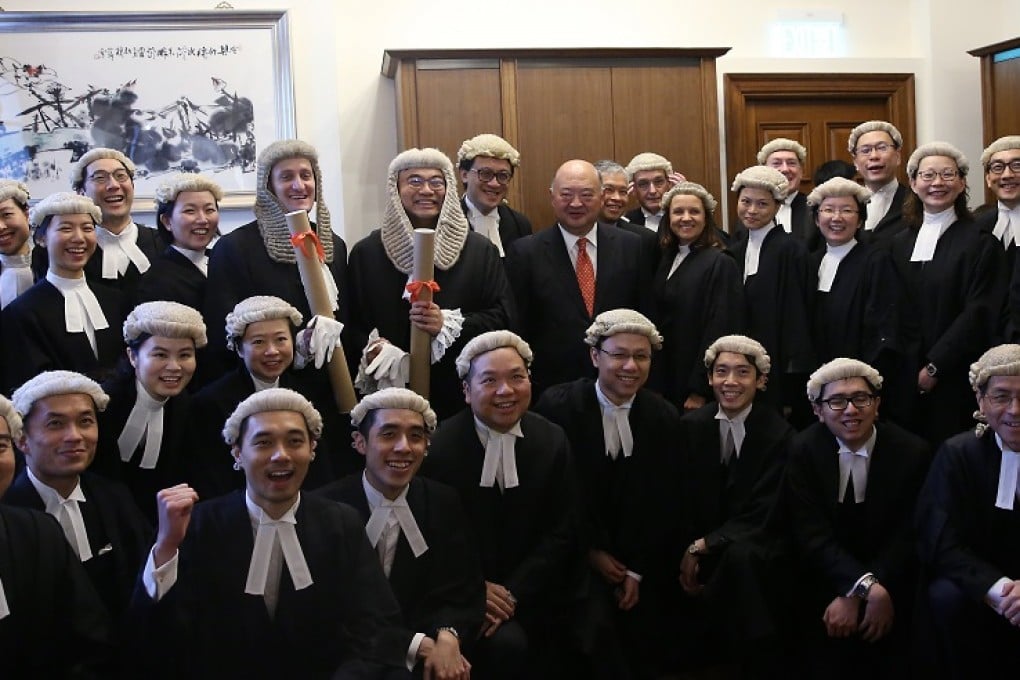Training legal eagles
CUHK Faculty of Law, one of the world’s top schools, is justly renowned for the quality of its teaching.

With a wide range of traditional and alternative career opportunities to choose from, postgraduate programmes offered by the Chinese University of Hong Kong (CUHK) Faculty of Law prepare students to pursue their aspirations in the legal profession.
Offered as a two-year programme for full-time students, and a four-year programme for part-time students, the CUHK Juris Doctor (JD) programme prepares graduates to practise law, either as solicitors or barristers.
"Upon graduating, many of our students embark on careers in leading law firms and chambers," says assistant dean (Graduate Studies) and JD programme director Matthew Cheung, who points out the intellectual rigour and range of the JD degree equips students with professional flexibility that extends beyond the legal practice. "Our graduates also flourish in other industry sectors including banking, finance, government, regulatory, academia and the media," he adds.

Matthew Cheung
Programme applicants are required to hold a bachelor’s degree in a non-law subject or a law degree from a recognised university. Alternatively, applicants may hold a professional or similar qualification equivalent to an honours degree. "Our faculty offers a large range of courses, some that are mandatory before applying to the Postgraduate Certificate in Laws (PCLL), as well as a wide range of foundation and elective subjects," notes Cheung, while adding that the JD is a key programme within the burgeoning CUHK law faculty.
In the 2015 QS rankings, the CUHK Faculty of Law was placed within the world’s top 50 law schools, and in 2014 the Hong Kong Research Assessment Exercise ranked it as Hong Kong’s best research law faculty.